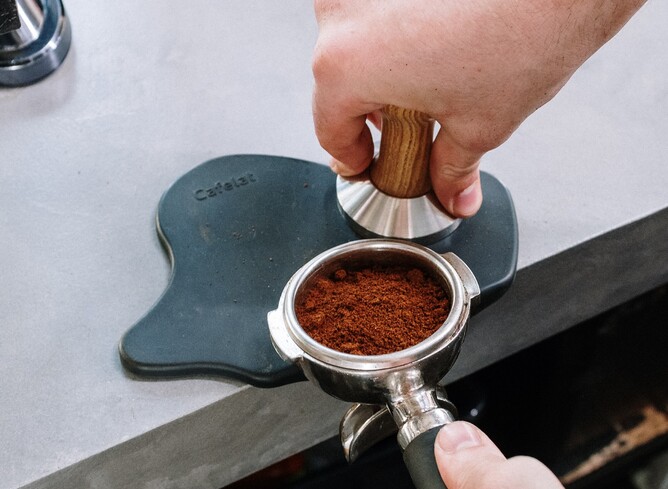Coffee grounds are a popular addition to garden soil. They are an inexpensive and environmentally friendly way to improve soil health and promote plant growth. However, there are some risks associated with using coffee grounds in the garden. In this post, we will explore the benefits and risks of using coffee grounds in the garden.
Benefits of Coffee Grounds in the Garden
Coffee grounds can be a great addition to garden soil for the following reasons:
Nutrient Rich: Coffee grounds are high in nitrogen, which is an essential nutrient for plant growth. The nitrogen in coffee grounds can help to improve soil fertility and promote plant growth.
Organic Matter: Coffee grounds are an excellent source of organic matter, which is important for healthy soil. Organic matter helps to improve soil structure, retain moisture, and promote beneficial soil microbes.
pH Balancing: Coffee grounds are naturally acidic, which can help to balance the pH of soil that is too alkaline. Some plants, such as blueberries and tomatoes, benefit from acidic soil, making coffee grounds a great addition to their growing environment.
Risks of Coffee Grounds in the Garden
While there are many benefits to using coffee grounds in the garden, there are also some risks to be aware of:
Acidity: As mentioned earlier, coffee grounds are naturally acidic, with a pH of around 6.5. While some plants benefit from acidic soil, others, such as certain types of ferns and herbs, prefer more alkaline soil. Using too many coffee grounds can alter the pH of the soil and make it too acidic for some plants.
Nitrogen Content: Coffee grounds are high in nitrogen, which can be beneficial for plants that require a lot of nitrogen, such as corn and leafy greens. However, too much nitrogen can lead to leafy growth at the expense of fruit and flower production, which can be detrimental to some plants.
Moisture Content: Coffee grounds can retain moisture, which can be beneficial in dry climates or during drought conditions. However, in wet or humid conditions, coffee grounds can promote the growth of mold and fungi, which can be harmful to plants and soil health.
Attracting Pests: Coffee grounds can also attract pests, such as slugs and snails, which can be harmful to plants. It is important to monitor the use of coffee grounds in the garden and take steps to control pests if they become a problem.
Summary
Coffee grounds can be a beneficial addition to your garden, but it is important to use them in moderation and be aware of the risks associated with their use. By understanding the benefits and risks of using coffee grounds in the garden, you can make an informed decision about whether or not to use them. Remember, healthy soil is essential for healthy plants, so it is important to choose the right soil amendments to promote optimal plant growth and soil health.



